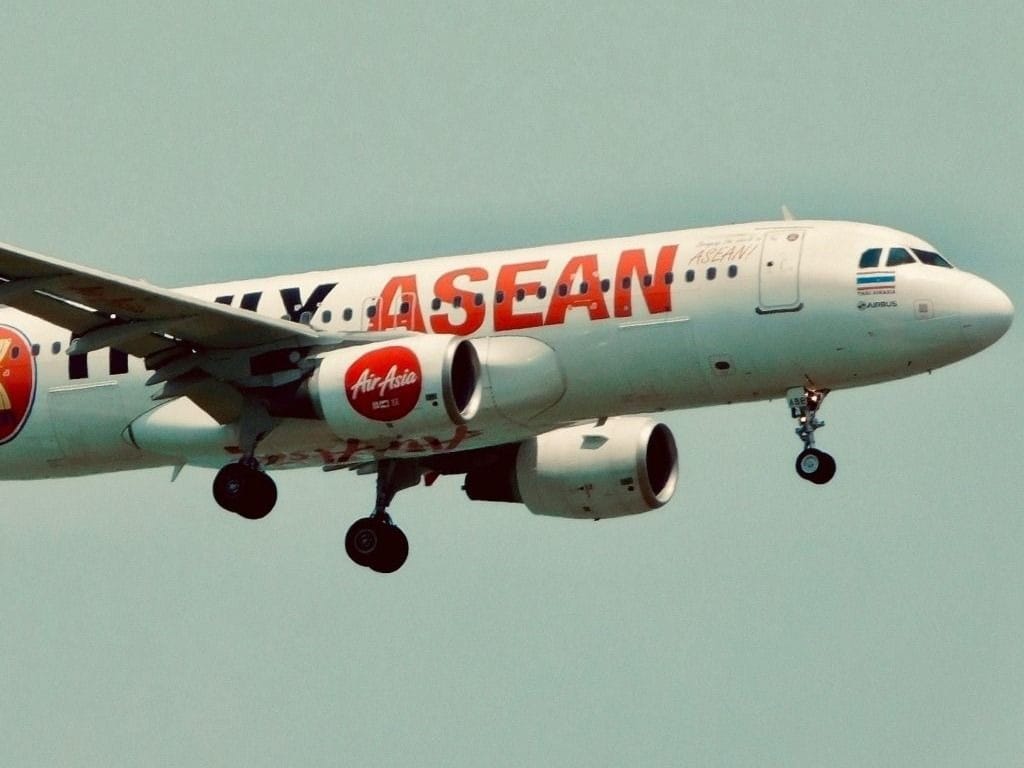BANGKOK (AN) — Ten nations' leaders agreed on Sunday as part of a prominent Southeast Asian intergovernmental organization to promote regional stability by signing the world's biggest trade bloc with six other countries including China in 2020.
The leaders of the Association of Southeast Asian Nations, or ASEAN, "welcomed the conclusion" of negotiations to lower trade barriers through a proposed Regional Comprehensive Economic Partnership, the ASEAN chair, Thailand, said in a final statement.









